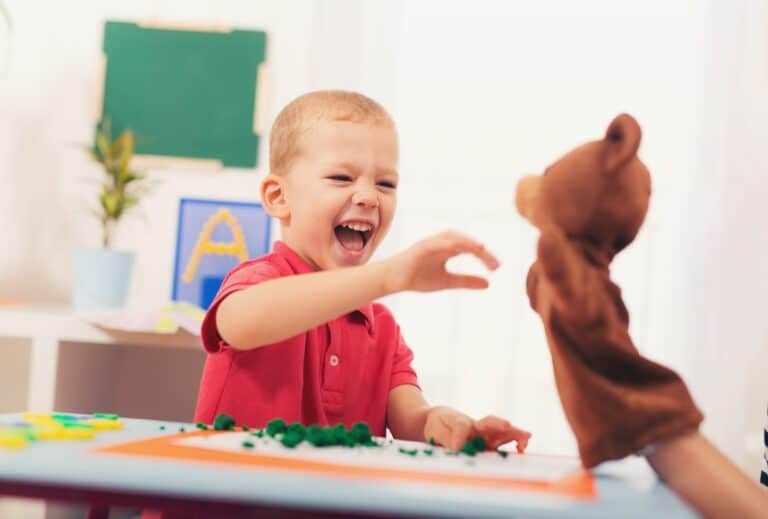
Understanding IBHS Behavioral Health: A Supportive Path for Children and Families
Navigating a child’s behavioral or emotional challenges can be overwhelming for any parent or caregiver. Fortunately, IBHS Behavioral Health programs offer a structured and compassionate approach to helping children and adolescents thrive. Whether a child is struggling with anxiety, depression, attention difficulties, or social behaviors, IBHS provides tailored support designed to foster positive growth in the home, school, and community settings.
What Is IBHS Behavioral Health?
IBHS stands for Intensive Behavioral Health Services. This Pennsylvania-based program focuses on providing therapeutic support for children and teens up to age 21 who have mental, emotional, or behavioral health needs. Unlike traditional therapy, which may occur only in a clinical setting, IBHS Behavioral Health brings services directly to the child in their natural environments—whether at home, school, or in the community.
The goal is not just to manage behavior but to teach new skills, strengthen relationships, and improve the child’s overall functioning in daily life. Services are individualized and based on comprehensive assessments, ensuring that care is both relevant and effective.
Core Components of IBHS Behavioral Health
The IBHS Behavioral Health model includes three key service types:
Individual Services – These are one-on-one interventions tailored to a child’s unique needs, typically delivered by a Behavioral Health Technician (BHT). They work under the supervision of a licensed clinician.
Applied Behavior Analysis (ABA) – A data-driven approach often used with children diagnosed with Autism Spectrum Disorder. ABA services focus on reducing problematic behaviors and teaching new, functional skills.
Group Services – Provided in schools or community settings, these services offer peer interaction while targeting specific behavioral or emotional challenges.
Each child receiving IBHS services has a treatment team that may include a Clinical Director, Mobile Therapist, BHT, and other specialists depending on the need.
Why Choose IBHS Behavioral Health?
There are several reasons why families turn to IBHS Behavioral Health for support:
Personalized Treatment Plans: Every child is different. IBHS creates goals that are specific, measurable, and tailored to the child’s needs.
Support in Natural Settings: Children often learn better in familiar environments. IBHS services are delivered where the child feels most comfortable.
Family-Centered Approach: Parents and caregivers are active participants in the treatment process. Training and support help families reinforce progress at home.
Evidence-Based Techniques: Services are grounded in proven behavioral strategies, ensuring that interventions are effective and data-driven.
How to Access IBHS Behavioral Health Services
To begin services, a child must receive a behavioral health evaluation from a licensed provider. Based on the assessment, recommendations will be made for IBHS services. The good news is that many insurance plans, including Medicaid, cover IBHS services, making them accessible to families from diverse backgrounds.
Once approved, a treatment team is assembled and services are initiated, often within days. Regular reviews and progress updates ensure that the child is benefiting from the support and that changes can be made as needed.
Conclusion: A Lifeline for Growing Minds
IBHS Behavioral Health plays a vital role in supporting children with emotional and behavioral difficulties. By combining personalized care, evidence-based strategies, and family involvement, it creates a structured path toward lasting change. If you're a parent, caregiver, or educator concerned about a child’s behavior or emotional well-being, exploring IBHS Behavioral Health services may be the first step toward a brighter, healthier future.








Write a comment ...